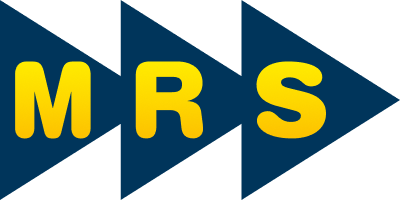Sumário

Annual Report
2022 Sustainability
2022 Sustainability
- PT
- EN
Transported mix
(%)
Refers to the transport, mostly, of mining-related products (iron ore, coal and coke to serve domestic and foreign markets). Much of the iron ore is transported from the mines located in the iron quadrangle, close to Belo Horizonte (MG), and destined for export through the ports of Itaguaí, Guaíba and Sudeste (RJ). On average, about 20 iron ore trainsets are loaded, transported, and unloaded per day. This is MRS core business.
Involves the transportation of products not listed in the Mining group, such as steel products, agricultural commodities, cement, containers, pulp, and fertilizers. General Cargo transport operations are characterized by shorter distances, multiple customers and products that frequently share the same train, leading to a dynamic time schedule and a closer monitoring of scheduled stops along the way for loading or unloading.
One of the largest cargo railways in the world, with indicators comparable to those of the safest and most efficient North American and European railways
High relevance in domestic logistics, with 1643 km of railway network in 3 states – Minas Gerais, Rio de Janeiro and São Paulo
80 intermodal terminals managed by MRS or third parties
200 km of lines duplicated since MRS foundation
20% of the national railway fleet: more than 18 thousand wagons and over 750 locomotives
Operations in five ports – Santos (SP), Itaguaí (RJ), Guaíba (RJ), Sudeste (RJ) and Rio (RJ)
Cargo transport in two segments: Mining and General Cargo, in addition to intermodal logistics solutions and customized rail services
For a better view, hover your mouse over the image.
